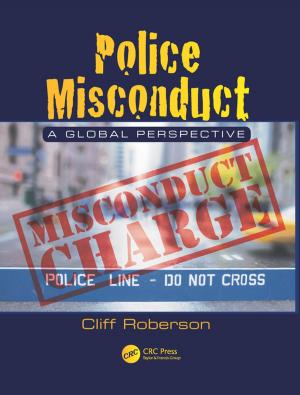Divine Command Ethics
Jewish and Christian Perspectives
Nonfiction, Religion & Spirituality, Theology, Ethics, Philosophy, Ethics & Moral Philosophy, Christianity| Author: | Michael J. Harris | ISBN: | 9781134430253 |
| Publisher: | Taylor and Francis | Publication: | March 1, 2004 |
| Imprint: | Routledge | Language: | English |
| Author: | Michael J. Harris |
| ISBN: | 9781134430253 |
| Publisher: | Taylor and Francis |
| Publication: | March 1, 2004 |
| Imprint: | Routledge |
| Language: | English |
The central aim of this book is to attempt to determine the response of the classic texts of Jewish traditions to the famous dilemma posed in Plato's Euthyphro: Does God freely determine morality, or is morality independent of God?
The author argues that the picture that emerges from Jewish texts is significantly more complex and nuanced than most of the contemporary Jewish philosophical literature is prepared to concede. While providing an extensive discussion of the perspective of Jewish tradition on divine command ethics, this book develops a position that is distinct from and critical of other views that have recently been advanced in Jewish scholarship. At the same time, the book provides a substantial analysis of some Christian perspectives on divine command ethics. Relevant biblical, rabbinic and later Jewish texts are discussed, as well as some of the relevant views that have been taken in philosophical literature and in Christian and Jewish thought.
The central aim of this book is to attempt to determine the response of the classic texts of Jewish traditions to the famous dilemma posed in Plato's Euthyphro: Does God freely determine morality, or is morality independent of God?
The author argues that the picture that emerges from Jewish texts is significantly more complex and nuanced than most of the contemporary Jewish philosophical literature is prepared to concede. While providing an extensive discussion of the perspective of Jewish tradition on divine command ethics, this book develops a position that is distinct from and critical of other views that have recently been advanced in Jewish scholarship. At the same time, the book provides a substantial analysis of some Christian perspectives on divine command ethics. Relevant biblical, rabbinic and later Jewish texts are discussed, as well as some of the relevant views that have been taken in philosophical literature and in Christian and Jewish thought.















